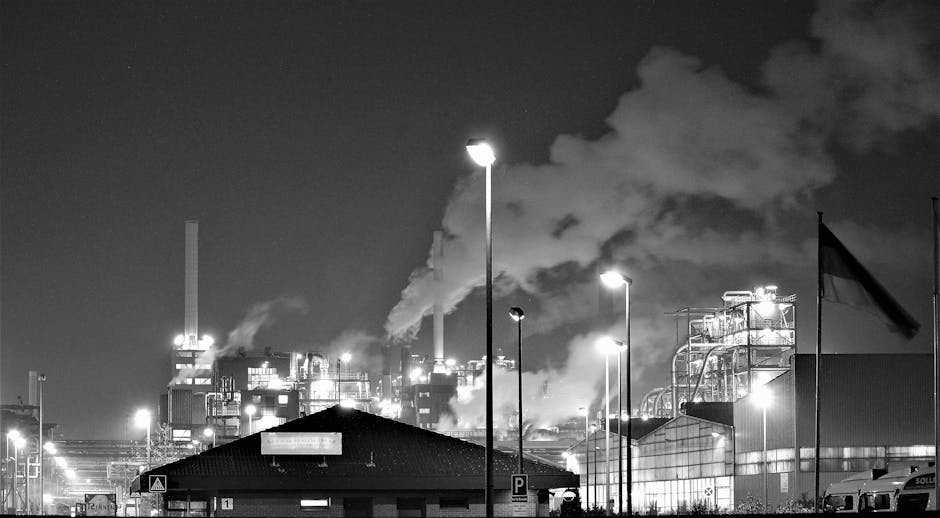Global warming, a term often heard yet not always fully understood, is the ongoing increase in Earth's average temperature caused by human activities. This phenomenon is primarily driven by the release of greenhouse gases, such as carbon dioxide and methane, into the atmosphere. These gases trap heat, creating a warming effect similar to a greenhouse. The consequences are far-reaching and demand our immediate attention.
Evidence of global warming is overwhelming and can be observed worldwide. Rising sea levels, melting glaciers and polar ice caps, more frequent and intense heatwaves, and changes in precipitation patterns are just a few examples. These changes not only disrupt ecosystems and threaten biodiversity but also pose significant risks to human populations, particularly in vulnerable coastal communities and regions prone to extreme weather events.
The primary driver of this warming trend is the burning of fossil fuels for energy production, transportation, and industrial processes. Deforestation, agriculture, and other human activities also contribute to the release of greenhouse gases. While some natural fluctuations in temperature occur, the rapid pace of warming observed in recent decades is undeniably linked to human activities.
The implications of unchecked global warming are dire. Sea levels are projected to rise significantly, displacing millions of people and inundating coastal cities. Extreme weather events, including hurricanes, droughts, and floods, are expected to become more frequent and intense, causing widespread damage and loss of life. Changes in temperature and precipitation patterns will also impact agriculture, leading to food shortages and economic instability.
Addressing global warming requires a multifaceted approach involving both individual actions and global cooperation. Transitioning to renewable energy sources, such as solar and wind power, is crucial for reducing our reliance on fossil fuels. Improving energy efficiency in buildings and transportation can also significantly reduce greenhouse gas emissions.
Individual actions also play a vital role. Reducing our carbon footprint through simple changes in our daily lives, such as using public transportation, conserving energy at home, and adopting a more sustainable diet, can collectively make a significant impact. Supporting policies and initiatives that promote clean energy and environmental protection is equally important.
Education and awareness are essential components of the fight against global warming. Understanding the science behind climate change and its implications empowers individuals to make informed decisions and advocate for change. Open dialogue and collaboration among governments, businesses, and communities are crucial for developing and implementing effective solutions.
The challenge of global warming is immense, but not insurmountable. By acknowledging the urgency of the situation and working together, we can mitigate the worst impacts of climate change and create a more sustainable future for generations to come. The time for action is now; our planet's future depends on it.

